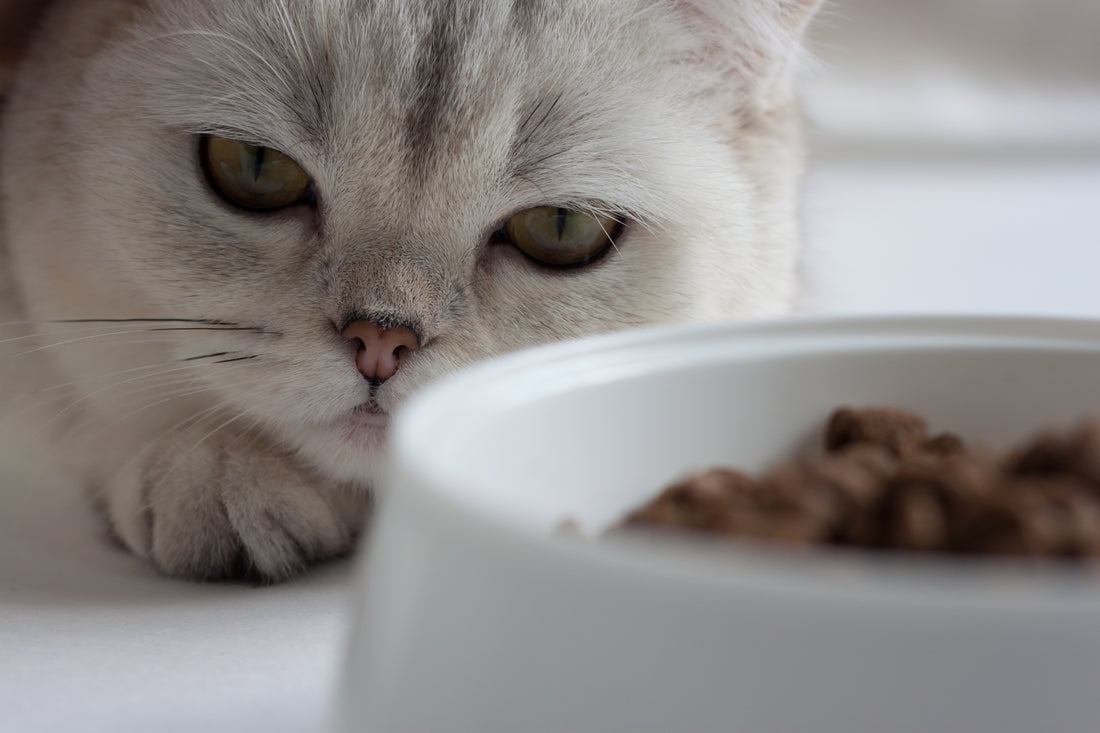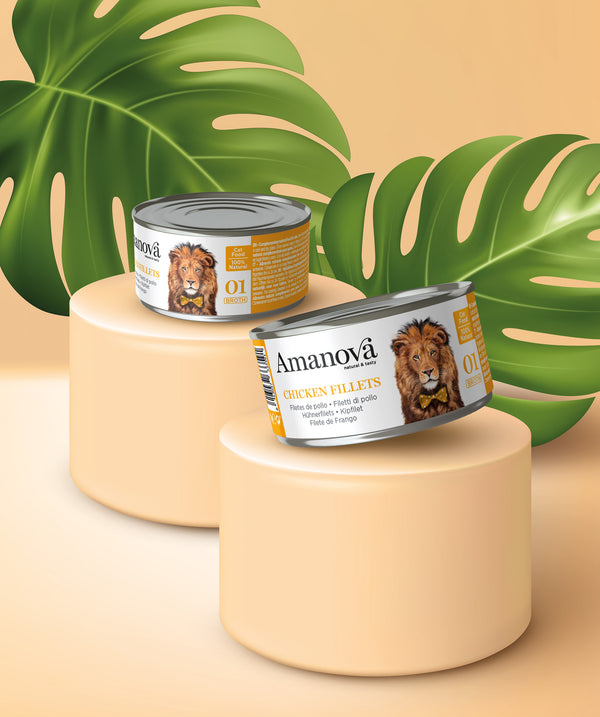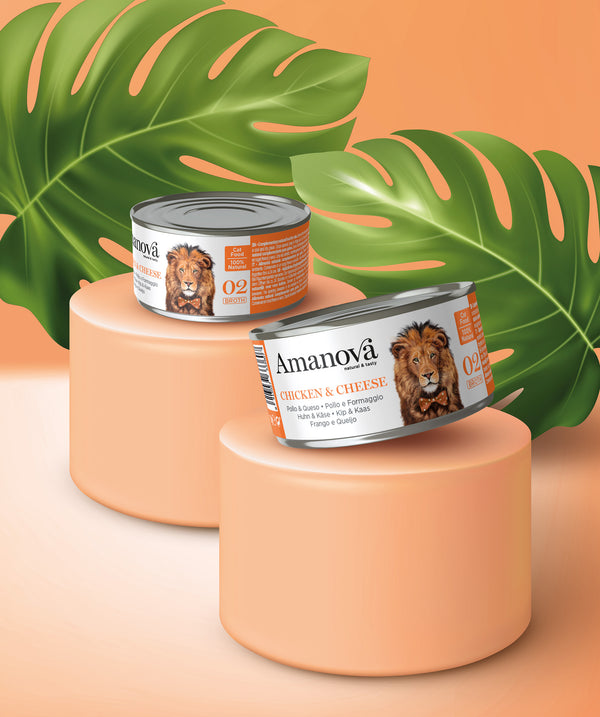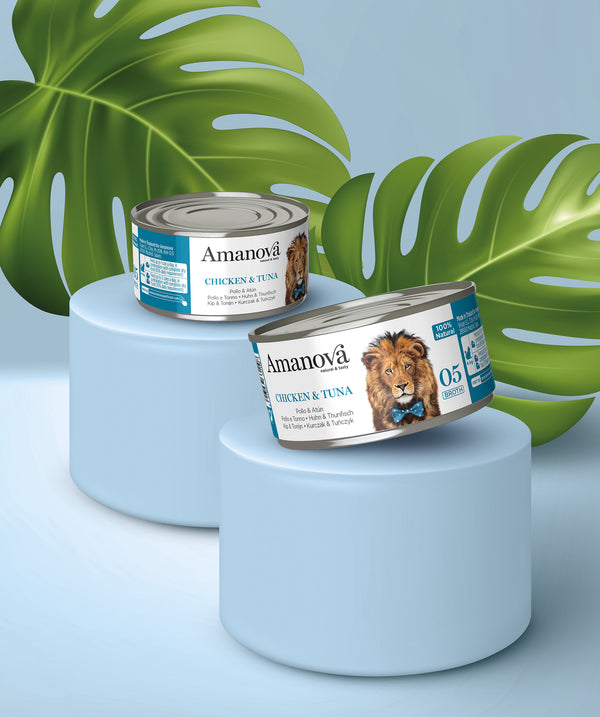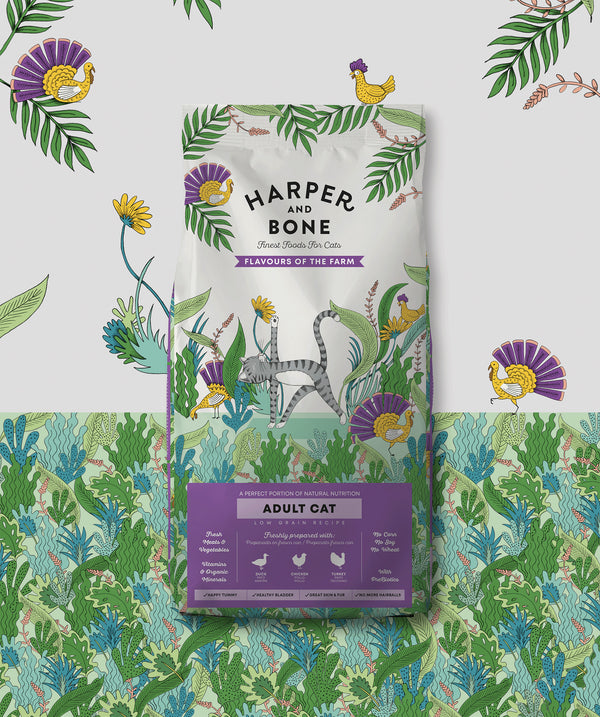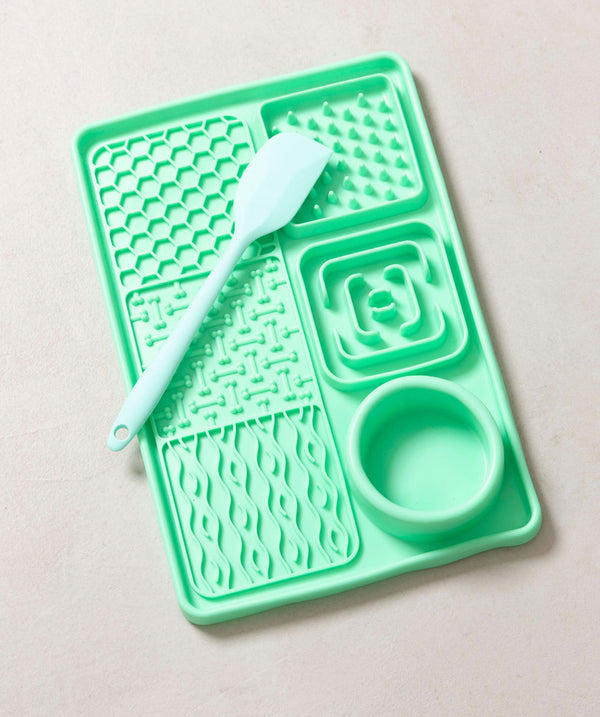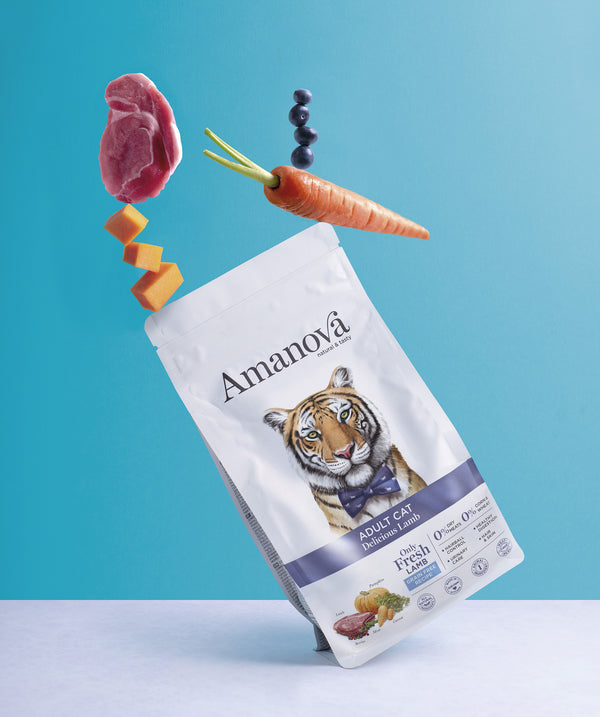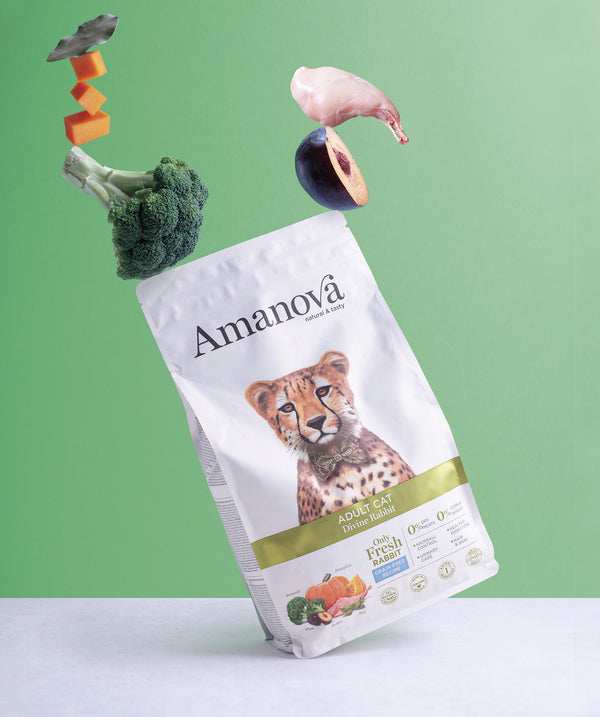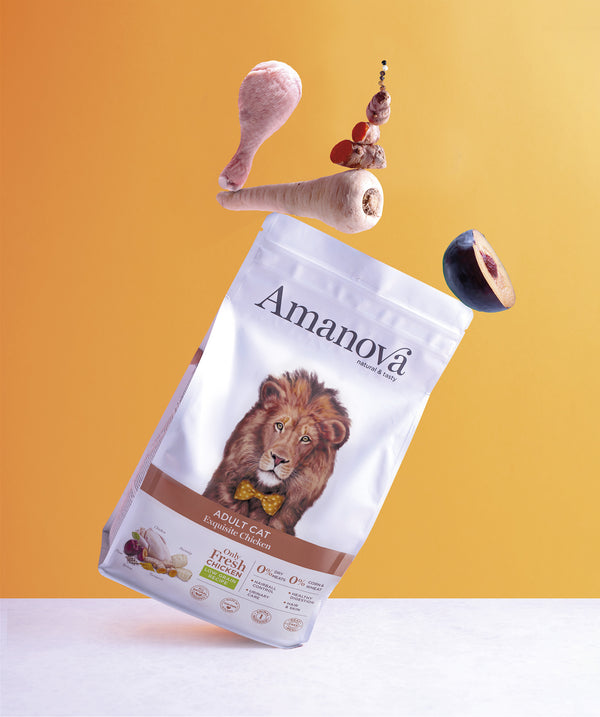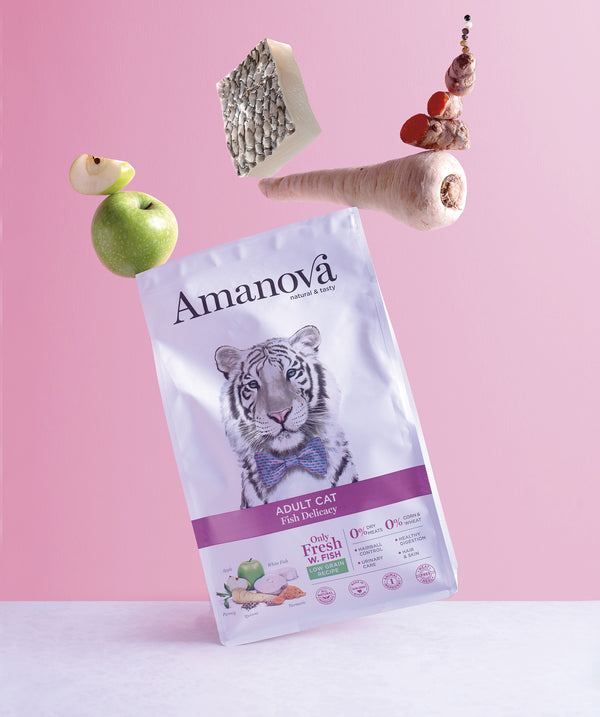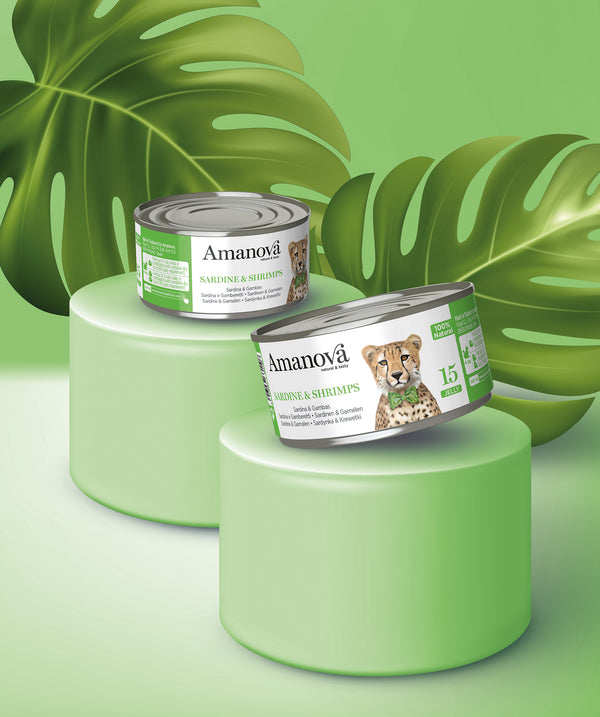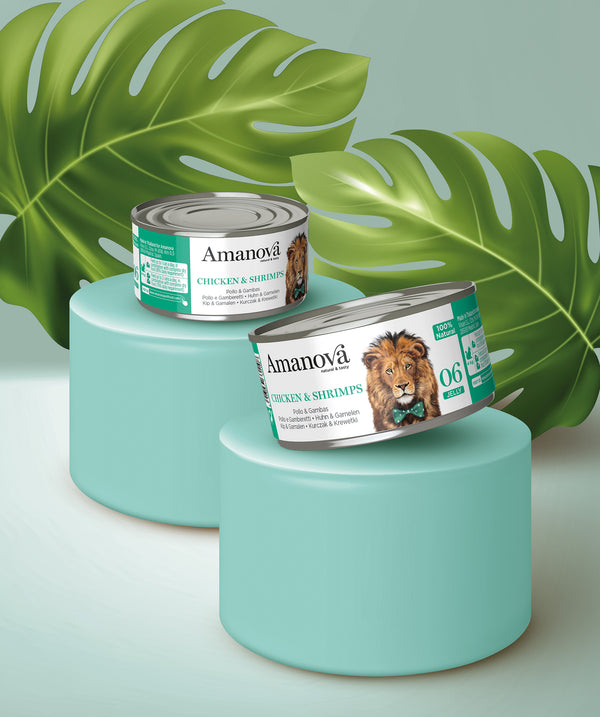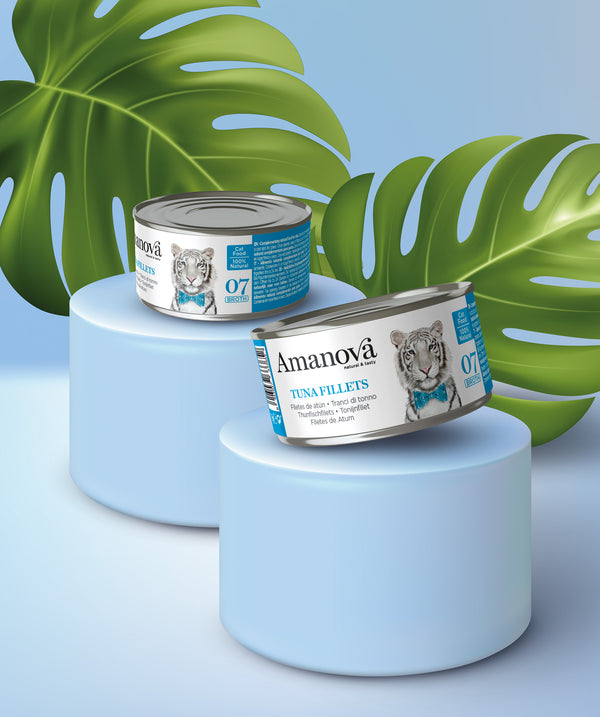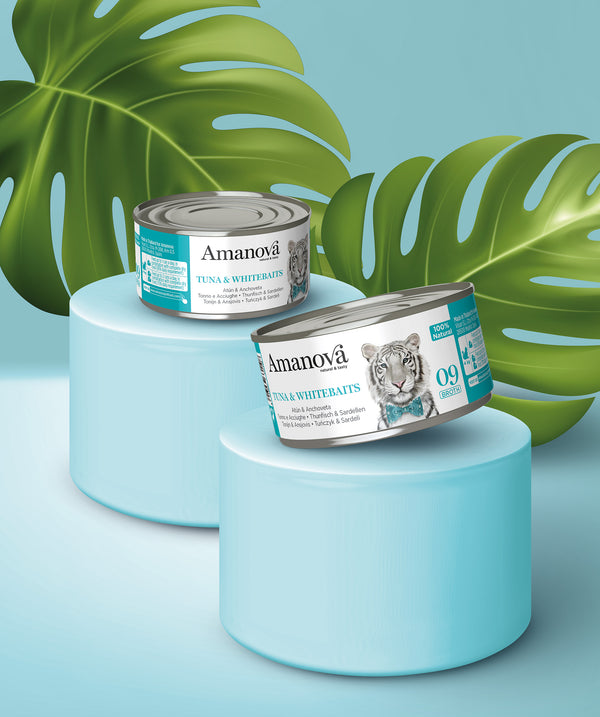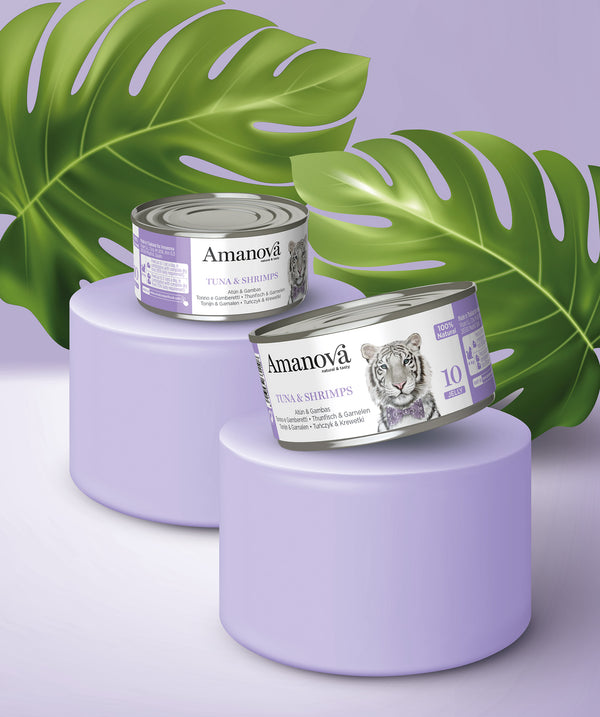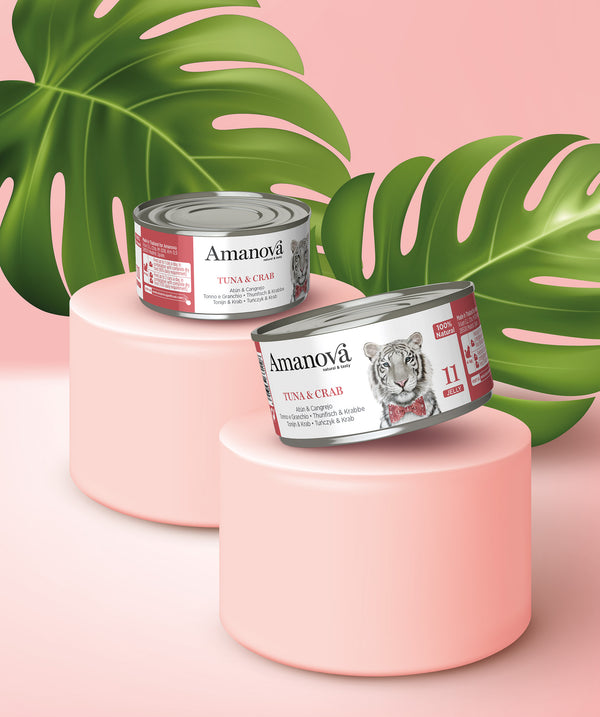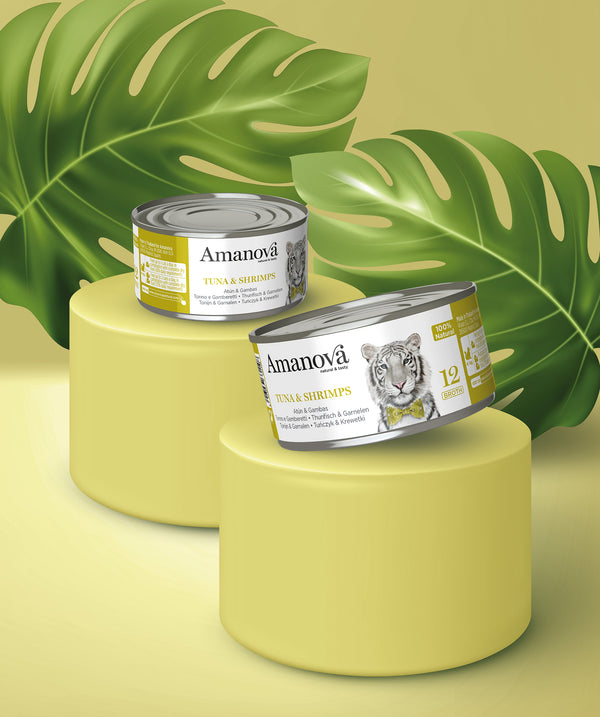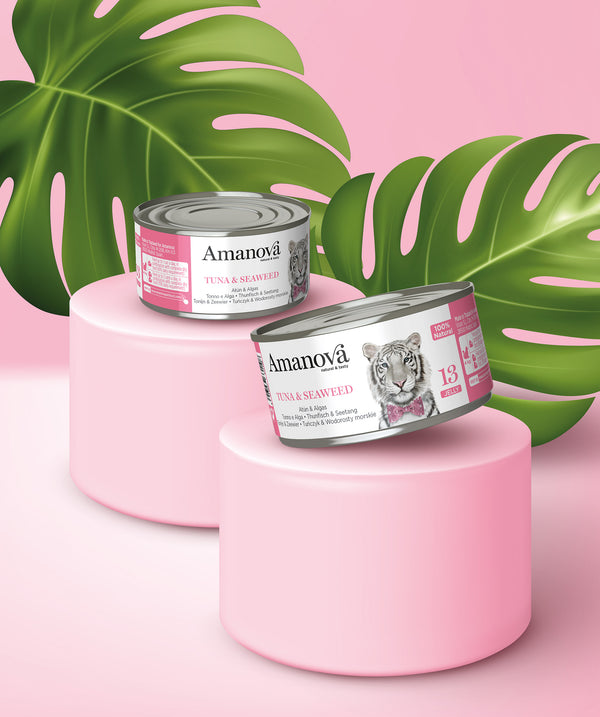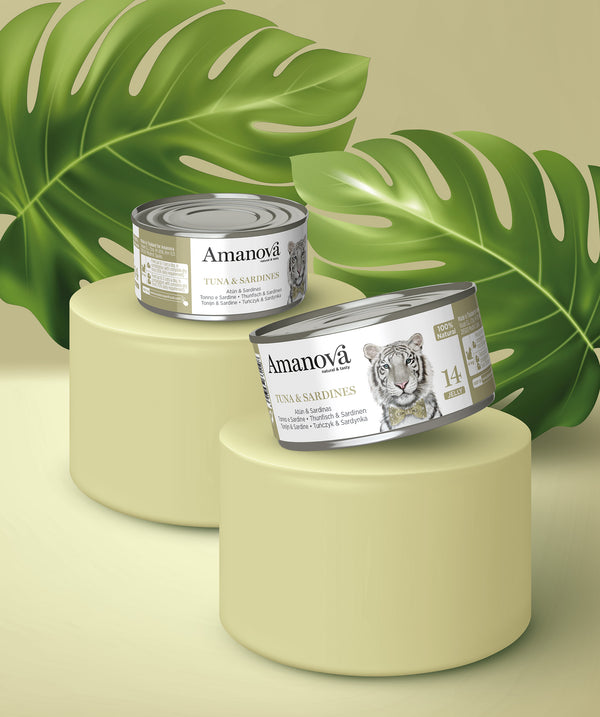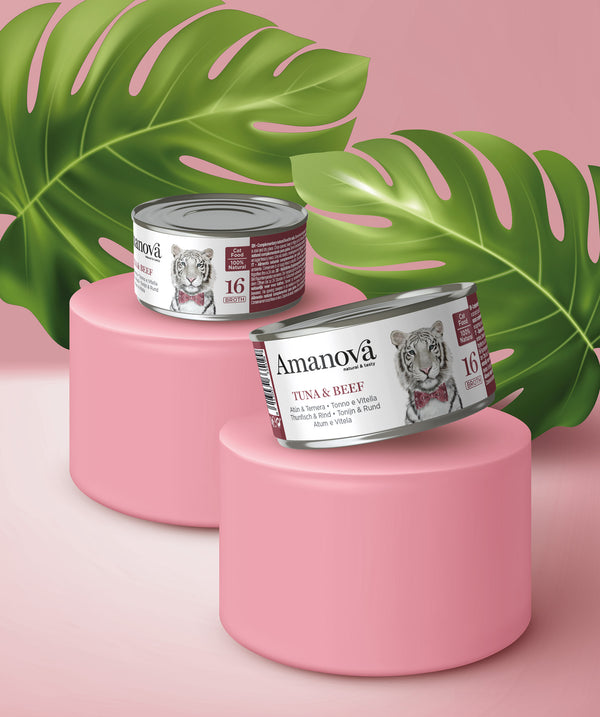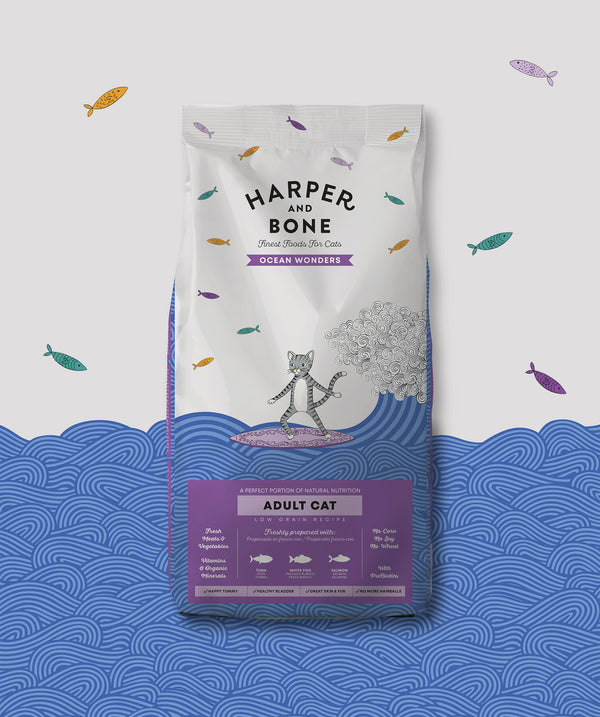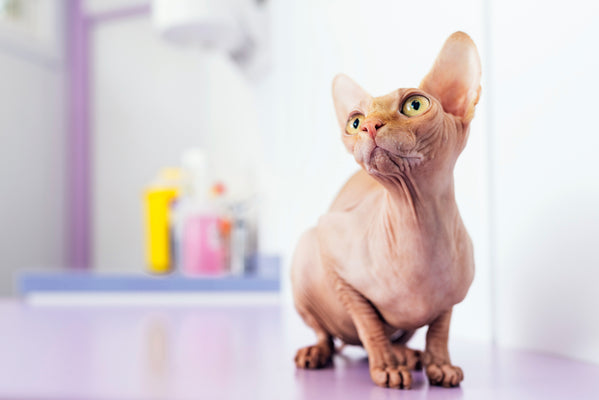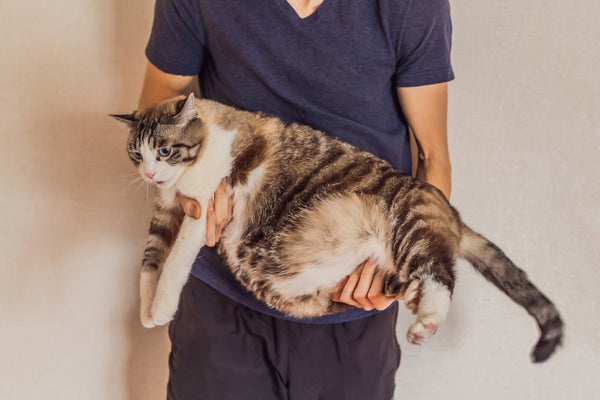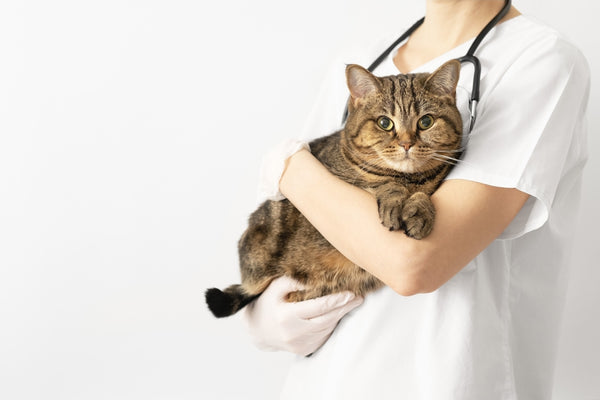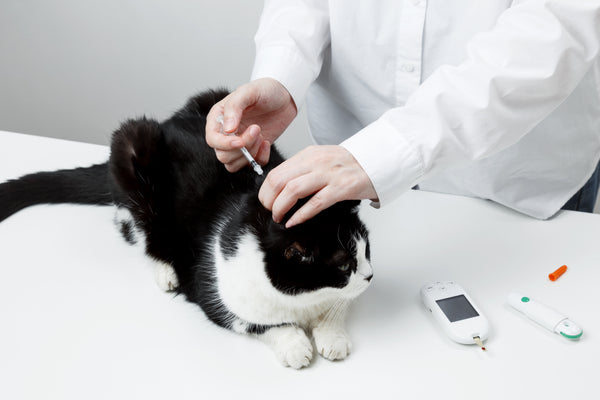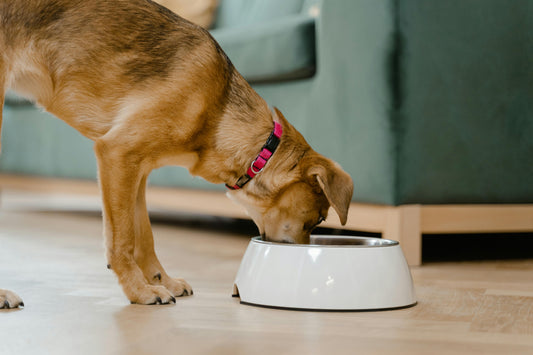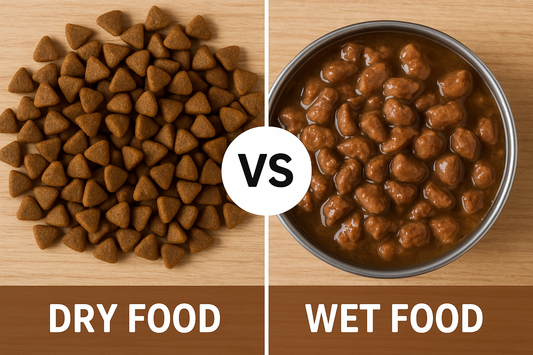Digestive problems in cats are more common than they seem and can seriously affect their well-being. From vomiting and diarrhea to constipation, these symptoms can be the result of an inadequate diet or stomach sensitivity. In this article, we’ll help you choose the best food for cats with digestive problems, providing practical tips and product recommendations to relieve your cat’s stomach discomfort.
Identifying digestive problems
- Frequent vomiting.
- Diarrhea or soft stools.
- Constipation.
- Loss of appetite.
- Flatulence or gas.
These signs may be related to various causes, including food intolerance, allergies, or an inappropriate diet. If the symptoms persist, it’s always advisable to consult a veterinarian.
Key ingredients in food for cats with digestive problems
The best cat food for digestive issues should contain easily digestible ingredients that help reduce the load on the gastrointestinal system. Here are some essential elements to consider:
- High-quality, easily digestible proteins: choose foods containing animal proteins such as tuna, salmon, or rabbit, as they are easier to assimilate than plant-based proteins.
- Fiber: fiber is essential to regulate intestinal transit. Look for foods that include natural fiber sources such as whole grains.
- Prebiotics and probiotics: these microorganisms help maintain a balanced gut flora and improve your cat’s digestive health.
Choose the right food based on your cat’s needs
To help you find the best food for cats with digestive problems, we recommend some specific products developed to improve your cat’s digestion:
- Adult Cat Ocean Wonders (tuna, fish, and salmon): this food provides high-quality proteins from fish, such as tuna and salmon, which are easily digestible and beneficial for your cat’s muscle health. In addition, its omega-3 and omega-6 fatty acids promote healthy skin and a shiny coat, while its low carbohydrate content makes it ideal for cats with sensitive digestion.
- Intestinal Hydrolyzed Fish: formulated with hydrolyzed proteins, this food is perfect for cats with food intolerances or intestinal problems. Its formula supports digestion and helps reduce gastrointestinal symptoms such as diarrhea and vomiting. It also contains prebiotics and fiber to improve gut flora and promote healthy digestion.
- Adult Cat Divine Rabbit: with lean rabbit protein, this food is an excellent option for cats with digestive sensitivities. As a grain-free formula, it avoids ingredients that may trigger food intolerances. It is also enriched with natural antioxidants that strengthen the immune system, helping to improve overall health.
Discover more options for cat food for sensitive digestion in our online store.
Benefits of choosing specialized food
Switching to specialized food can have a significant impact on your cat’s digestive health. Benefits include:
- Improved digestion: formulated with easily digestible ingredients, these foods help nutrients absorb better and reduce gastrointestinal discomfort.
- Relief from digestive symptoms: with proper veterinary supervision, you will notice a clear reduction in problems such as vomiting, diarrhea, or constipation, contributing to your cat’s overall well-being.
- Immune system support: many of these foods include vitamins and minerals that boost the immune system and help maintain long-term health.
Additional tips to improve your cat’s digestion
In addition to choosing the right food, here are other steps you can take to support your cat’s digestion:
- Provide plenty of water: many cats don’t drink enough, which can worsen digestive problems such as constipation. Consider using water fountains to encourage your cat to drink more.
- Avoid sudden diet changes: sudden changes can trigger digestive issues. Introduce the new food gradually, mixing it with the old one for several days.
- Consult your veterinarian: if your cat continues to show severe symptoms such as persistent vomiting or diarrhea, don’t hesitate to seek professional help.
